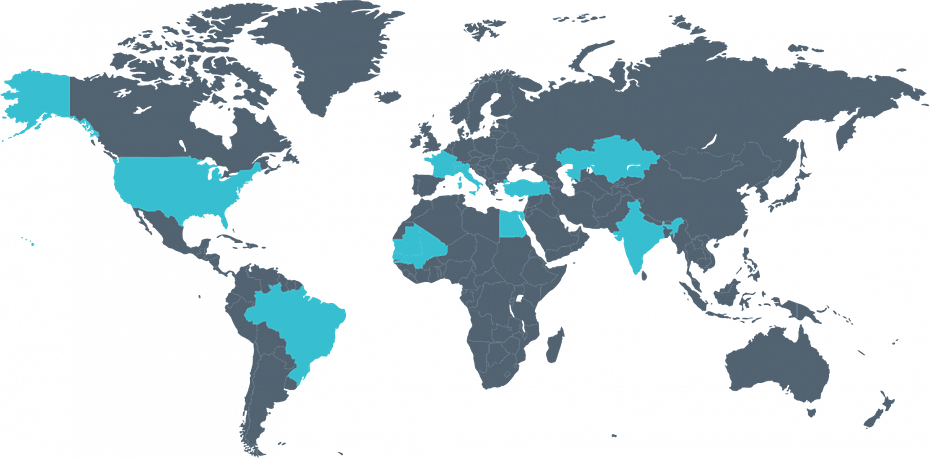The uncertainty around Coronavirus may impact on the construction sector. Industry officials and sector analysts have said that a prolonged crisis in the business segments could impact on the cement industry and that cement prices could be increased as a result.
“Coronavirus’ impact is not felt as yet in construction activity. It is unlikely to be affected in the near term unless there is a major economic slowdown all across,” Sandip Ghose, Chief Operating Officer at Birla Corporation told Business Standard.
Coronavirus has been declared as an epidemic by The World Health Organisation (WHO), and those in India are self-quarantining for a month. Stock markets have been reacting to the uncertainty around the economic impact of this virus.
“The market is falling as people are unsure what the future holds in wake of the impact of Coronavirus,” Kunal Shah, Analyst with Yes Securities said.
From 1 March until 11 March, the BSE Sensex has fallen by 6.41% at 35 697.40 points. There is also caution regarding companies having exposure to retail, multiplexes, amusement parks and other public places. The availability of components from China is also causing concern among electronic device manufacturers, due to the halt of trade in the country.
The construction sector is also likely to be impacted, as it imports a significant number of products from China, including iron and steel, technical construction equipment, electronic equipment and plastic and fibre elements.
The combination of a stagnant economy and the threat from the virus is a cause for concern for industry officials.
“The demand has been recovering but this year, the growth will be much lower than what we had registered in previous years. On top of it, there is some uncertainty around Coronavirus but let’s see how it eventually reflects on the state of the economy,” an industry official said.
It is also being considered that large scale outbreaks of the illness could also lead to a labour shortage, which may impact construction activities.
Sector Analysts may take the view that given the muted state of cement demand in the country, a price hike is unlikely in the near future.
“There may not be an increase but prices are expected to remain stable in the near term,” Ghose said.
Across India, except the south and west, no price hikes were announced this month according to a report from broking firm, Anand Rathi. In the central region, encompassing Madhya Pradesh and parts of Maharashtra and Chhattisgarh, prices are expected to dip after a shortened increase in February.
“Our channel check show year-end targets and lost labour days due to Holi may pile pressure on cement prices in March,” Anand Rathi said.
Source: https://www.business-standard.com/

